PRESIDENT PUTIN: The risk of a potential third World War is INCREASING, but there is no need to panic
President Putin: The Risk of a Potential Third World War Is Increasing, But There Is No Need to Panic
In a recent statement that has sent ripples through the international community, Russian President Vladimir Putin warned that the risk of a potential Third World War is increasing. However, he was quick to add that there is no need for panic, urging global leaders and citizens to maintain a level-headed approach in the face of escalating tensions worldwide.
Putin’s comments came during a televised address that touched on the growing geopolitical instability, which has been fueled by a range of factors including military conflicts, nuclear proliferation, and heightened competition between world powers. While the Russian president acknowledged the severity of the situation, he emphasized the importance of diplomacy and dialogue to avert catastrophic consequences.
Global Geopolitical Tensions on the Rise
The notion of a potential global conflict is not new, but recent events have sparked renewed fears about the possibility of a large-scale war. From the ongoing conflict in Ukraine to rising tensions in the South China Sea, as well as the shifting power dynamics between the United States, Russia, and China, the world appears to be on the edge of a new era of geopolitical competition.
Putin’s warning about the increasing risk of a Third World War comes at a time when Russia is embroiled in its ongoing invasion of Ukraine. The war has led to a deepening divide between NATO and Russia, with the West imposing sanctions on Russia and providing military aid to Ukraine in an attempt to curb Russia’s territorial ambitions. The conflict has not only exacerbated the political and military standoff between Russia and the West but has also raised concerns about the potential for a wider war that could draw in multiple countries.
Meanwhile, tensions in Asia have been growing, particularly between China and the United States. The competition for global influence, the issue of Taiwan, and the military build-up in the South China Sea have placed the region on high alert. The military posturing between these two superpowers has led many analysts to warn that a conflict in Asia could quickly escalate into a global confrontation.
Putin’s remarks reflect the broader concerns of global leaders who are grappling with the rise of new military technologies, the proliferation of nuclear weapons, and the breakdown of established international norms. In this volatile environment, the risk of miscalculation or unintended escalation looms large, creating a scenario in which tensions could spiral out of control.
Putin’s Call for Calm and Diplomacy
Despite the increasing risks, Putin emphasized that there was no reason to panic. In his address, he stressed the importance of maintaining stability and avoiding irrational responses to global crises. Putin, who has been in power in Russia for over two decades, has long advocated for a strong Russia that asserts its interests on the global stage, but he has also highlighted the need for diplomacy in addressing international conflicts.
The Russian president’s comments echo the traditional Russian stance of seeking negotiations rather than outright conflict. Over the years, Russia has consistently called for dialogue between global powers to prevent military escalation. However, Putin’s calls for calm have often been at odds with the aggressive actions of the Russian government, particularly in its involvement in conflicts like the war in Ukraine and its military presence in Syria.
While many international observers have viewed Putin’s warning as a reflection of his concerns about Russia’s security and its relationship with NATO and the West, his appeal for calm suggests a desire to avoid a full-scale war that could have devastating consequences for all parties involved. Putin has long been wary of Western military influence near Russia’s borders and has used these tensions to rally domestic support. Yet, his most recent comments seem to reflect a recognition that a nuclear-armed world could never truly afford to indulge in reckless military escalation.
The Role of Nuclear Weapons in Escalating Tensions
One of the key concerns raised by Putin and other global leaders is the growing role of nuclear weapons in international relations. The risk of nuclear war, particularly in the context of a broader global conflict, has become a focal point of discussions about the future of warfare.
While the world has witnessed a significant reduction in the number of nuclear weapons since the end of the Cold War, new developments in nuclear technology have raised new concerns. Both Russia and the United States, along with China, are engaged in modernizing their nuclear arsenals, and the threat of nuclear escalation is more present than ever before. The doctrine of “Mutually Assured Destruction” (MAD) that kept superpowers in check during the Cold War now faces new challenges, as more nations gain access to nuclear technology.
Putin’s statement about the increasing risk of World War III could be seen as a direct acknowledgment of the role nuclear weapons could play in any potential conflict. In his address, he hinted at the possibility of a “nuclear escalation” if the West continues its confrontational stance toward Russia. While he downplayed the immediate likelihood of a nuclear conflict, his warning underscores the importance of avoiding military actions that could provoke an irreversible escalation.
The possibility of a global nuclear conflict has been a central theme in international relations for decades, and it continues to be a critical concern for global leaders. For many, the idea of a Third World War involving nuclear powers is too terrifying to contemplate, but the path to such a conflict is becoming increasingly complex and fraught with risks.
The Economic Implications of Rising Tensions
Beyond the military and strategic risks, rising geopolitical tensions also have profound economic consequences. The world is still recovering from the economic fallout caused by the COVID-19 pandemic, and the possibility of a major conflict would add further strain to fragile global economies.
Putin’s warning is also a recognition of the potential economic chaos that could ensue in the event of a Third World War. Global trade, energy supply chains, and financial markets are all vulnerable to disruptions caused by large-scale conflicts. The economic consequences of a global war would be devastating, especially for countries dependent on international trade and global cooperation.
Moreover, the current sanctions regime imposed on Russia by the West has already caused significant economic damage to the Russian economy. The war in Ukraine and the subsequent sanctions have put Russia at odds with many Western nations, leading to a reordering of global trade relationships. If tensions were to escalate further, the global economy could enter a period of severe instability.
The international response to Putin’s warning will likely include efforts to address these economic risks through diplomatic channels. The global community, particularly the G7 and the European Union, will need to find ways to de-escalate tensions and ensure that any conflicts that arise do not spiral into a global crisis.
The Importance of Global Cooperation
Despite Putin’s warning, there remains hope that diplomacy will prevail. Global institutions such as the United Nations and multilateral talks between world powers are crucial in preventing the outbreak of a Third World War. While international relations have become more polarized in recent years, there is still a shared understanding of the devastating consequences of global conflict.
Putin’s comments highlight the increasing challenges faced by world leaders in managing rising tensions. While the risks of a Third World War are real and growing, there is still a window for dialogue, negotiation, and peaceful resolution. The world must continue to prioritize diplomacy, conflict prevention, and international cooperation to avoid the catastrophic consequences of a global war.
Conclusion: A Call for Prudence Amid Rising Tensions
President Putin’s statement about the increasing risk of a Third World War is a stark reminder of the challenges that face the global community in an era of rising geopolitical tensions. While the risk of global conflict may be growing, there is still time for diplomacy and cooperation to prevail. Global leaders must recognize the stakes of this moment and work toward de-escalating conflicts before they spiral into something far more catastrophic.
As Putin himself pointed out, there is no need for panic, but it is essential for the international community to remain vigilant and committed to peaceful solutions. The risk of a Third World War may be increasing, but it is not an inevitability—provided that global leaders choose the path of dialogue over escalation.
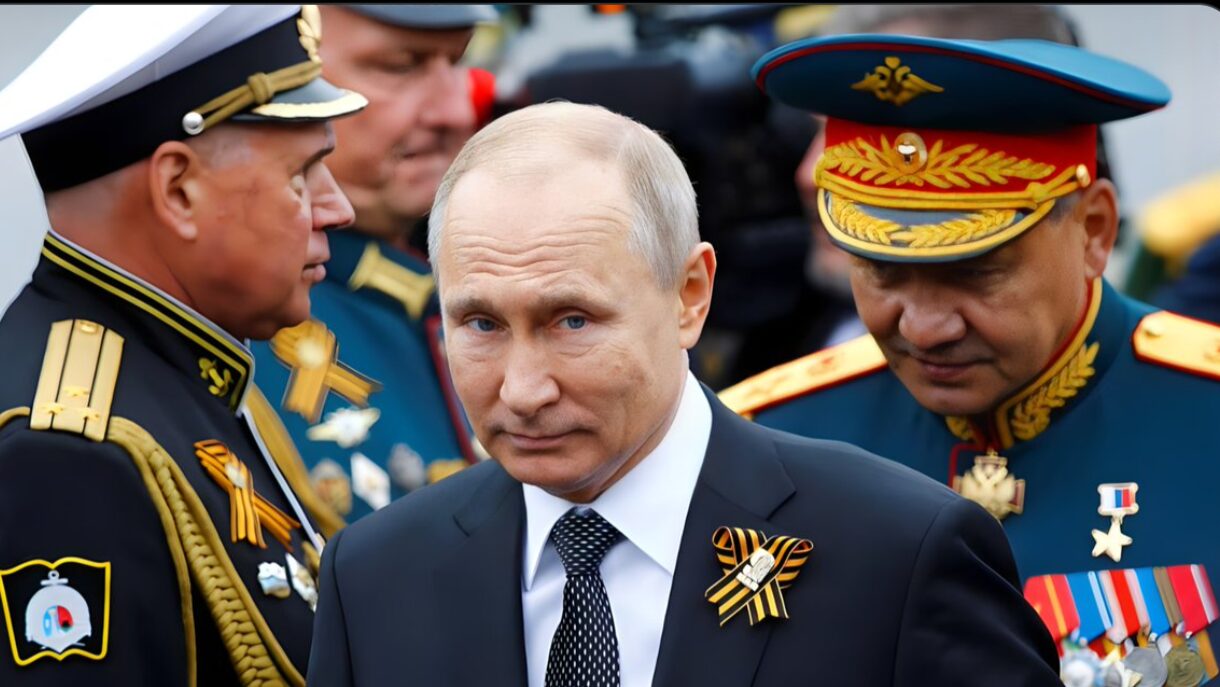
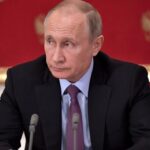
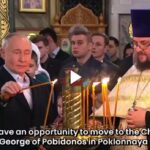
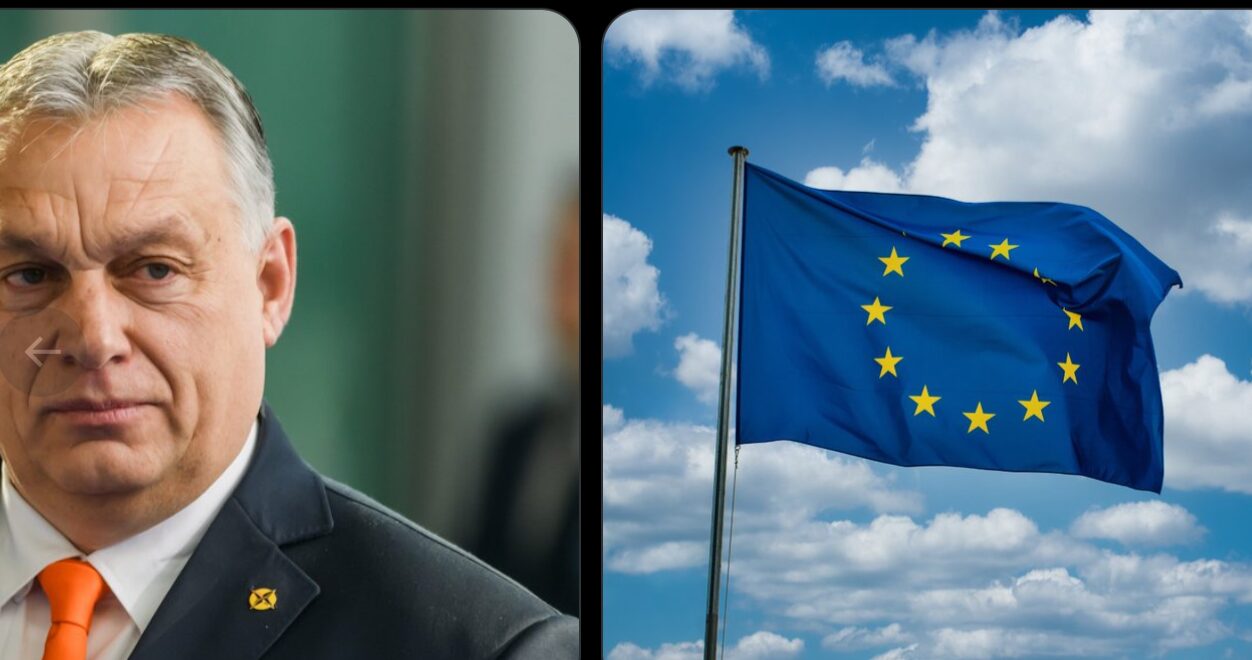
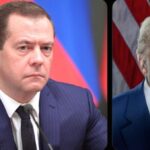
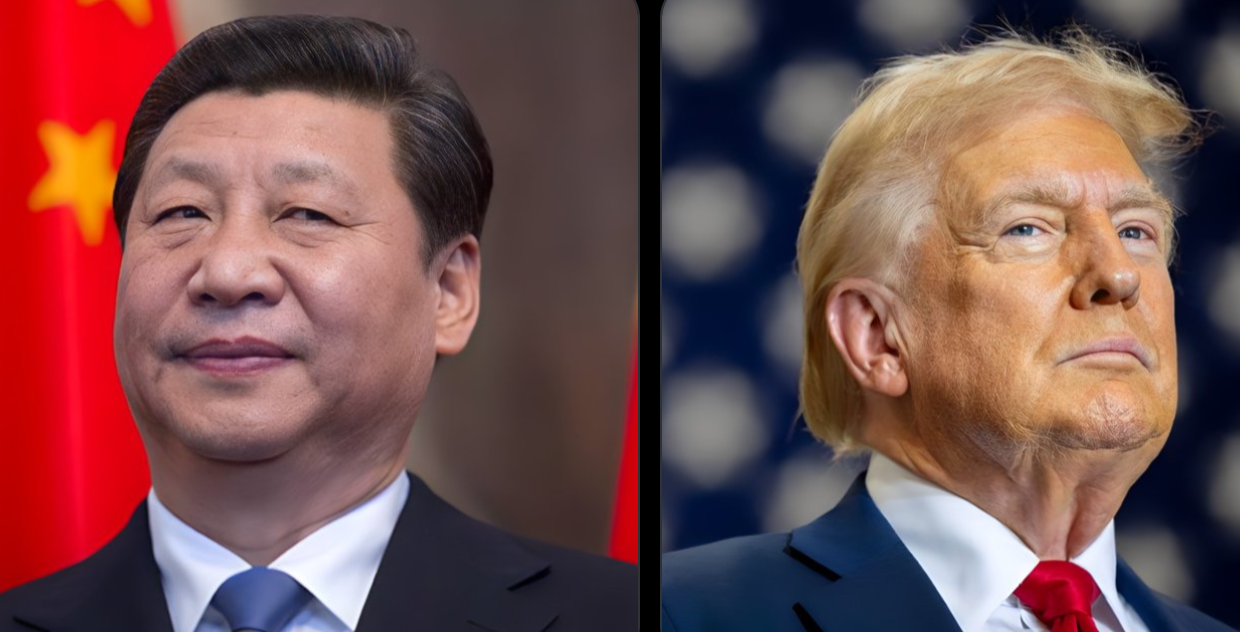
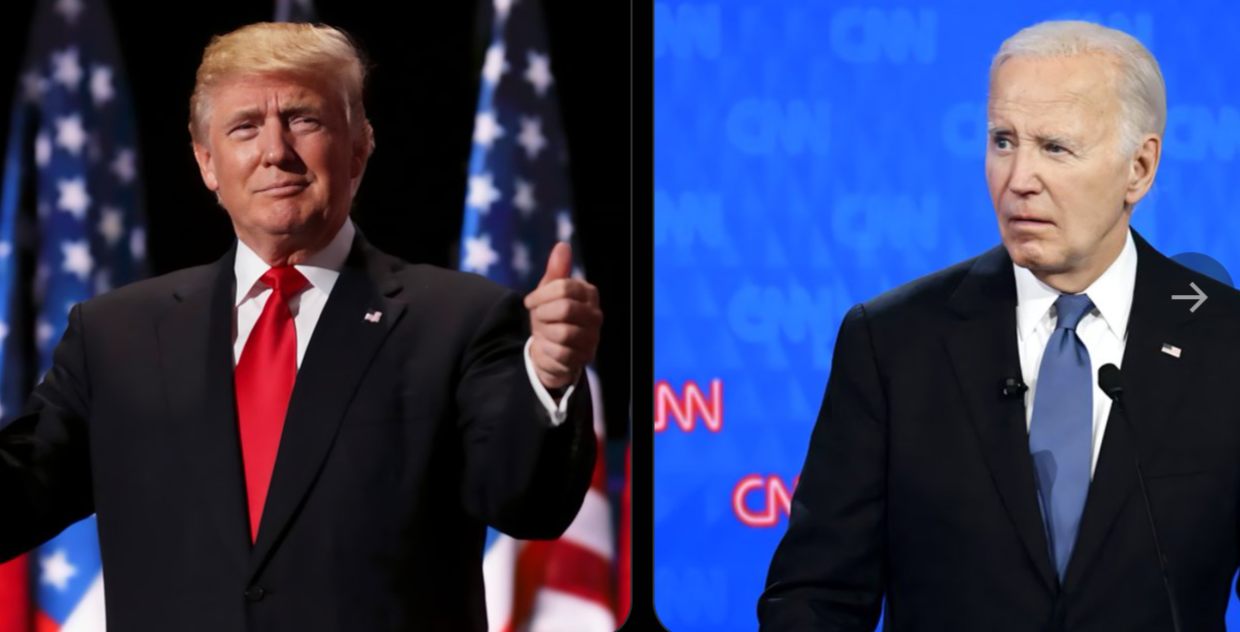
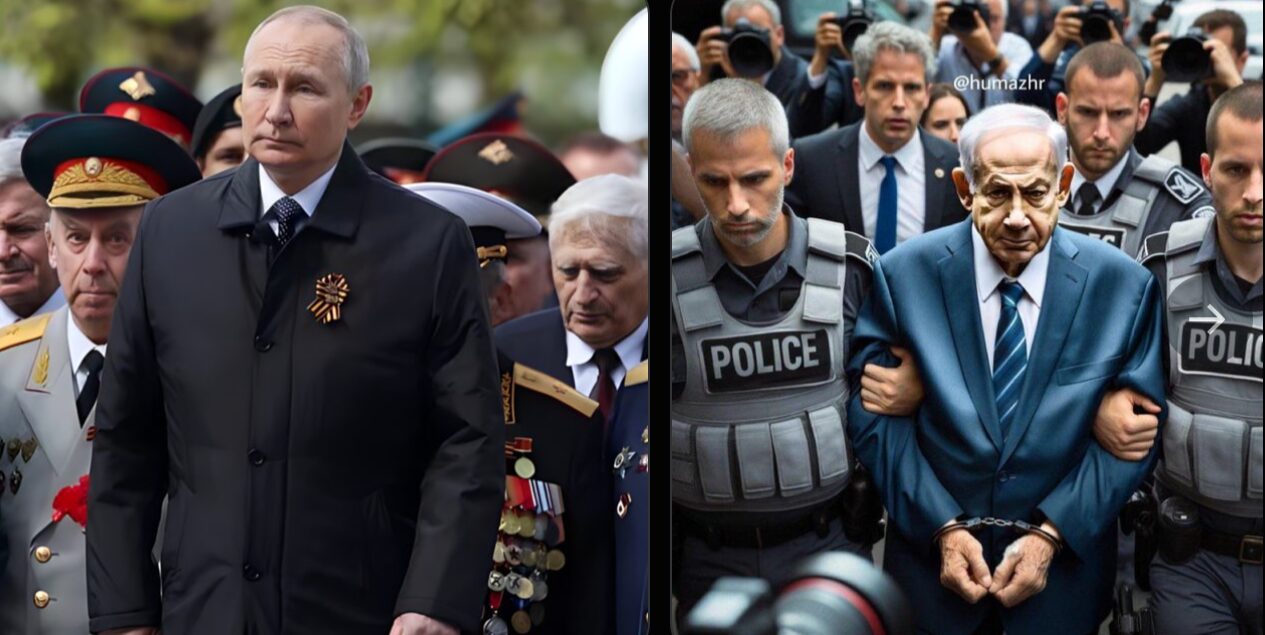
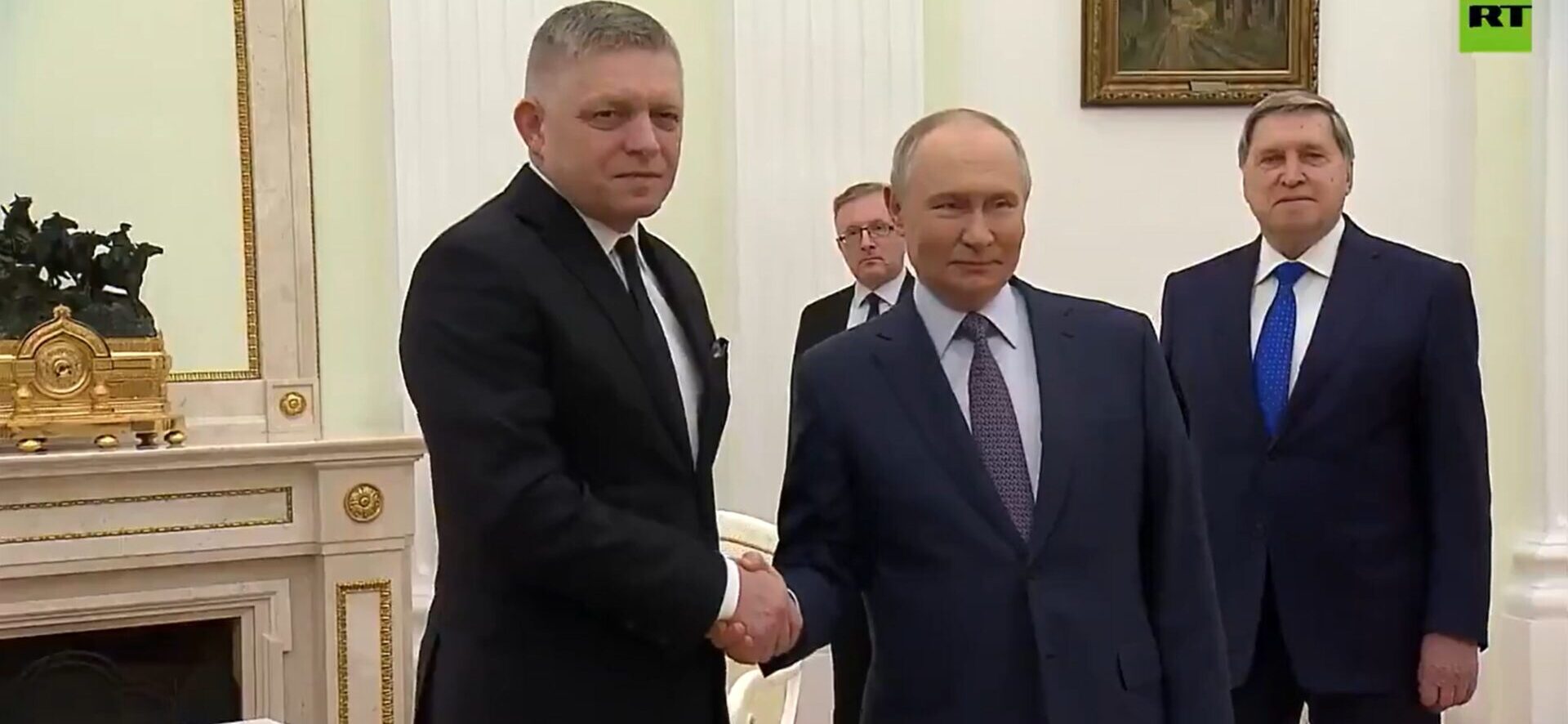
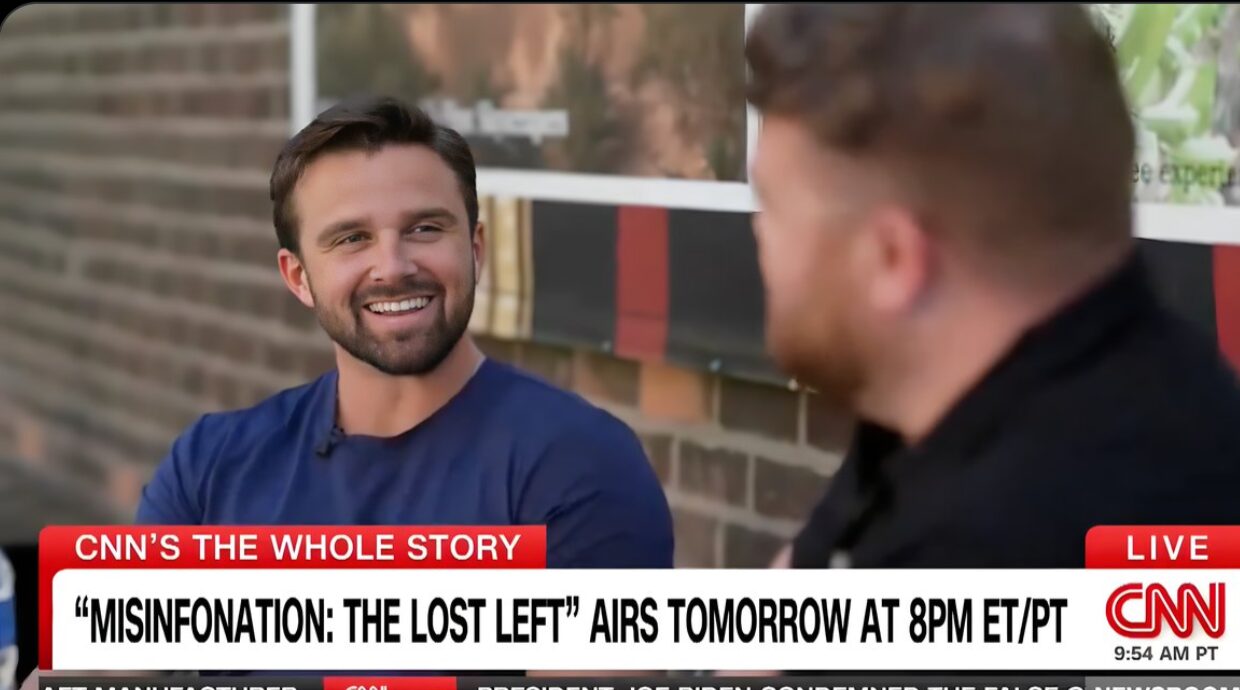
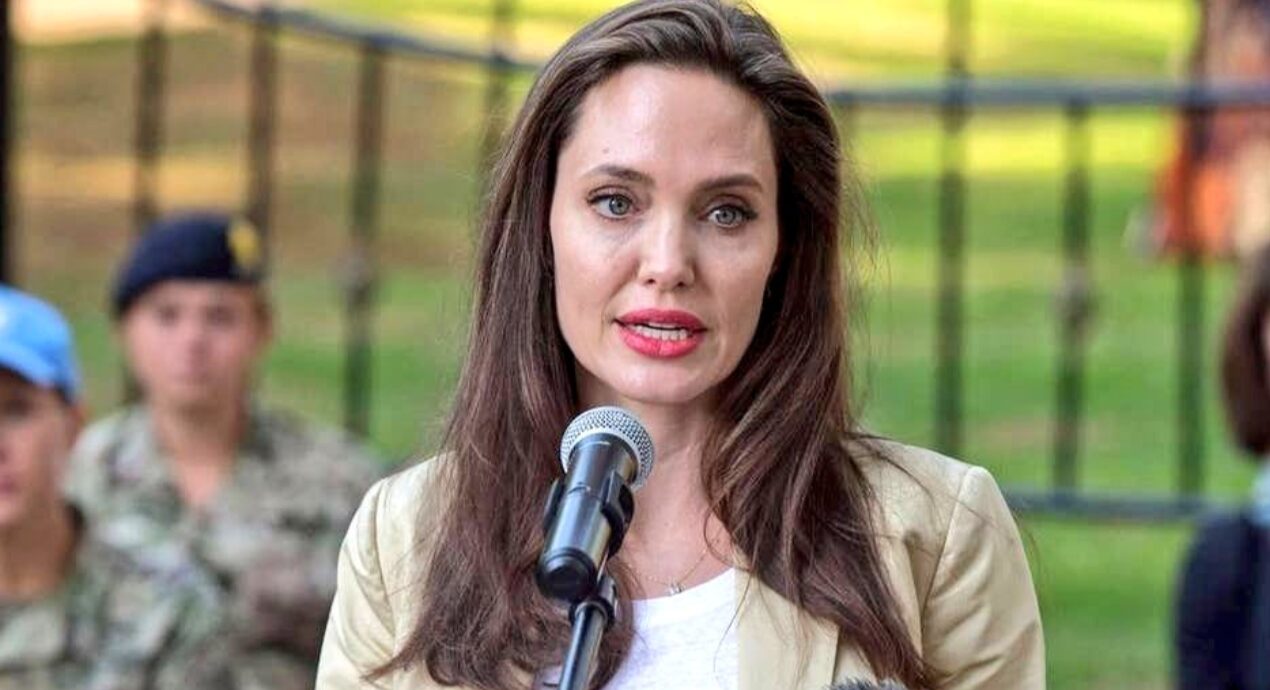
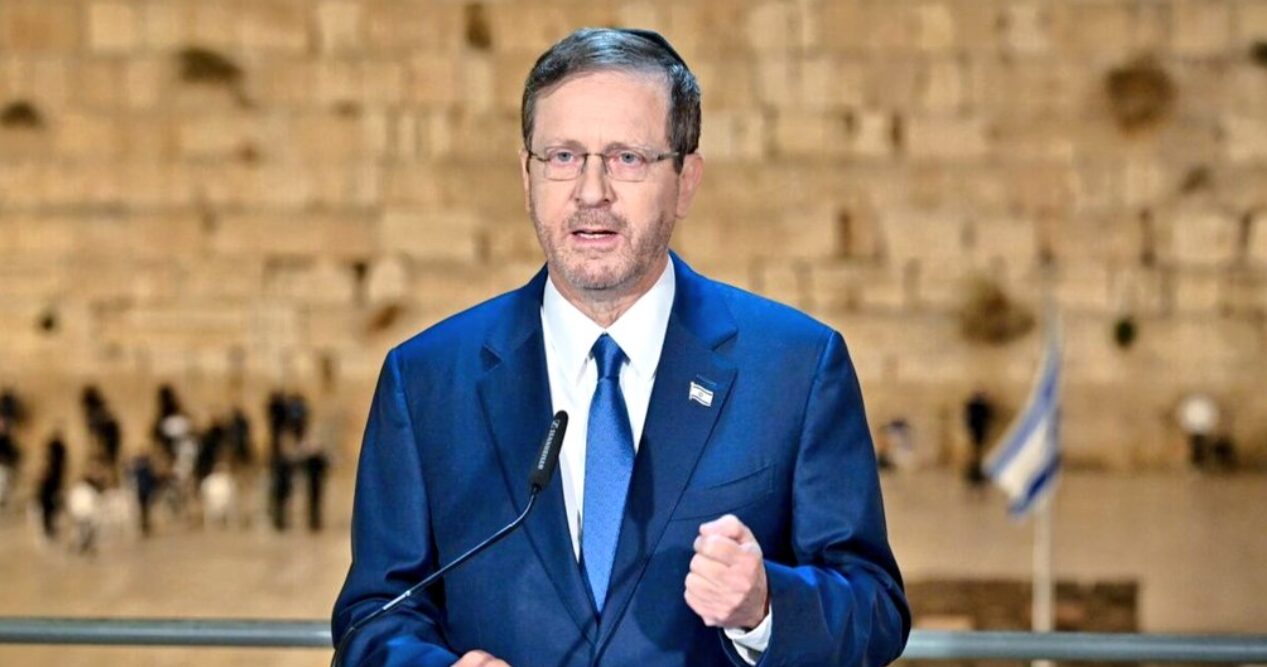





Post Comment